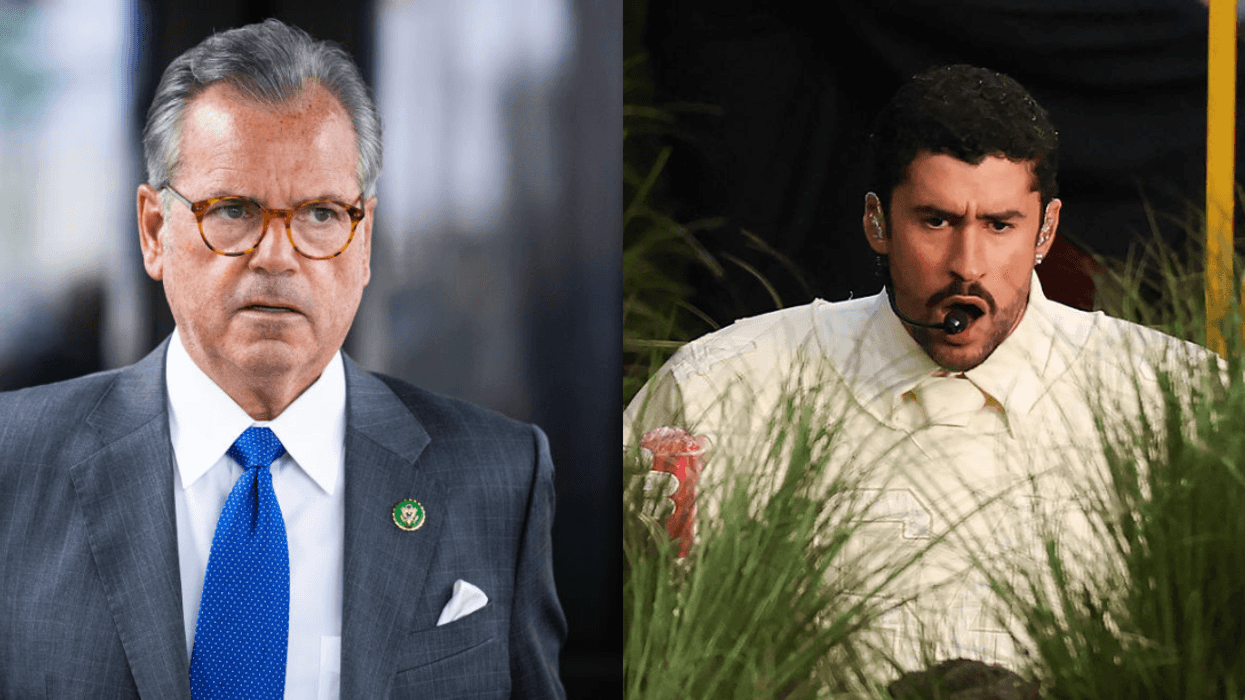The Supreme Court and Chief Justice John Roberts want us to believe that the big story coming out of the nation’s top judicial body is that a thorough internal investigation has failed to reveal the identity of the “Dobbs leaker”—i.e., the individual who provided an advance copy of the bombshell opinion Dobbs v. Jackson Women’s Health Org. to a reporter at Politico in May 2022, several weeks before the final opinion was set to be announced.
A short statement from the Court read:
“[T]he team has to date been unable to identify a person responsible by a preponderance of the evidence."
But the real story is something else entirely.
As legal observers noted, with more than a little disdain, the 20-page report by the Court’s marshal, Col. Gail A. Curley who oversaw the inquiry, was notable not for what it covered but for who it left out: the Justices themselves.
Anyone looking at the plain circumstances of this whodunnit should come away with a few questions right out the gate:
- Who had access to the opinion?
- Who had a motive to see it leaked?
- Who has violated the norms of confidentiality before?
It’s silly to conduct an investigation that leaves the nine Justices (and, say, any of their very politically active spouses) out of the mix, but that’s what appears to have happened here.
And any common sense investigation would begin with the logical supposition that the stronger the possible motive and the worse any prior violations have been, the more scrutiny ought to be applied.
Ah, but there’s the problem!
Such an approach would have pointed directly at two Justices in particular: Samuel Alito, who has been credibly accused of leaking important opinions before, and Clarence Thomas, whose wife Virginia “Ginni” Thomas is a known right-wing political agitator who was determined to see Roe v. Wade overturned.
And yet, maddeningly, it does not even appear that these individuals were investigated.
Let’s take a closer look at this debacle.
The investigation apparently covered employees and staff, but not the Justices.
The careful wording of the report released on Thursday leads inexorably to the conclusion that, for whatever reason, the Justices and their spouses were not subjected to investigation.
For starters, if they were, given how badly Chief Justice Roberts wishes to improve the Court’s standing in public opinion, that fact would have been front and center.
The statement would read something like:
“All nine Justices and their spouses and families were questioned thoroughly, and their mobile devices, computers, and files were checked and re-checked for any evidence of an external communication with any third parties containing the draft opinion.”
But that is not what the statement or the report says.
Instead, the report couched its language carefully:
“The investigation focused on Court personnel—temporary (law clerks) and permanent employees—who had or may have had access to the draft opinion during the period from the initial circulation until the publication by Politico.”
So let’s get this straight: Does “focused” actually mean that zero attention was paid to the Justices themselves?
It seems so.
Note the use of “permanent employees”—a generic phrase that most certainly would never mean the Justices. To remove any doubt, the Report actually distinguishes the “Justices” from “employees” by later saying “in addition to the Justices, 82 employees had access to electronic or hard copies of the draft decision.”
Chief Justice Roberts asked Michael Chertoff, a former secretary of the Department of Homeland Security, to assess the investigation independently, and in a one-page statement Chertoff concluded Curley’s team conducted a thorough investigation, and he could not “identify any additional useful investigative measures.”
Right.
Emphasis on “useful” perhaps?
The New York Times followed up on the apparent hole in the report, but was stonewalled.
“Asked whether Ms. Curley’s investigators had interviewed the justices and their spouses, a spokeswoman for Mr. Chertoff declined to comment. She referred questions to the Supreme Court press office, which did not respond to a request for clarification.”
That press office is going to have to come up with quite a spin, if it ever responds.
Justice Alito purportedly leaked a court opinion decision before.
If someone within an organization has allegedly stolen from it in the past, you might want to start with that person if something goes missing again. That’s why it would have made perfect sense to start the inquiry with Justice Alito, who was the author of the Dobbs opinion as well as the author of the Hobby Lobby opinion, which was also apparently leaked in advance of its being official.
Per reporting by The New York Times:
"In a letter to Chief Justice John G. Roberts Jr. and in interviews with The New York Times, the Rev. Rob Schenck said he was told the outcome of the [Hobby Lobby] 2014 case weeks before it was announced."
"He used that information to prepare a public relations push, records show, and he said that at the last minute he tipped off the president of Hobby Lobby, the craft store chain owned by Christian evangelicals that was the winning party in the case."
There is zero reason to doubt the veracity of this statement.
Schenck was at the heart of the anti-abortion movement, but he turned whistle-blower on his chief ally on the Court. Alito has denied both his account and the notion that he was the leaker of Dobbs, but come on.
At the very least, this is a blaring, five-alarm warning.
Justice Thomas’s wife Ginni has a record of eyebrow-raising interference.
Radical conservatives have rarely had as much access to the Supreme Court as Ginni Thomas, and she has blatantly used it to push a far-right agenda.
Already under scrutiny (though far from enough) for her communications around the illegal attempts to overturn the 2020 election, including her direct lobbying of local officials in swing states to decertify their results and her numerous conspiracy-laden text messages with Mark Meadows, Thomas has shown a propensity and willingness to violate norms at all levels.
As for motive, like Justice Alito, as a staunch anti-abortionist Ginni Thomas along with her husband would have wanted to see the swing votes from the recent Trump appointees (Justices Kavanaugh, Gorsuch, and Barrett) locked in by the early disclosure.
Should the swing Justices have considered changing their votes after the public outcry, the right would have a strong case that they were succumbing under pressure from the woke left mob to do so. That is precisely why draft opinions are not made public so that healthy deliberations can continue without political interference.
At the very least, given the level of mistrust that Ginni Thomas has engendered through her overtly extremist political involvement, the investigation ought to have included an entire section assuring the public that the Thomases had been interviewed and their mobile devices, computers, and files searched thoroughly for any evidence of a violation.
The investigation’s failure to do so amounts to diligence malpractice. And it only raises further suspicions about the Court’s seriousness in getting to the bottom of this breach and restoring its reputation with the public.
So now what?
The inconclusive report raises the troubling conclusion that no one will ever be held responsible or accountable for the biggest breach of trust in the Court’s history.
It further tarnishes the legacy of Chief Justice Roberts, who feels like no Chief at all. And it appears once again to place powerful people above the very system they are sworn to uphold and protect.
We can only hope that the scrutiny the Court faces as a result of the breach will deter any future leaks. This may be wishful thinking.
Certainly no more consequential a decision than Dobbs is likely to come along for another generation, so whoever leaked the opinion probably decided the blowback was worth it.
And sadly, the failure to pursue all likely suspects, including most importantly the Justices and their spouses, only reinforces to the Justices that they truly can operate outside of the very rules the Court has set for itself with no real consequences.
Seen more broadly, the violation of norms and traditions is now an unsettling pattern the Court has set for itself.
After all, as Professor Lawrence Tribe noted:
"Anyone notice the irony of obsessing over who broke the compact of privacy about a decision that itself broke a 50-year compact with all the women of America?"

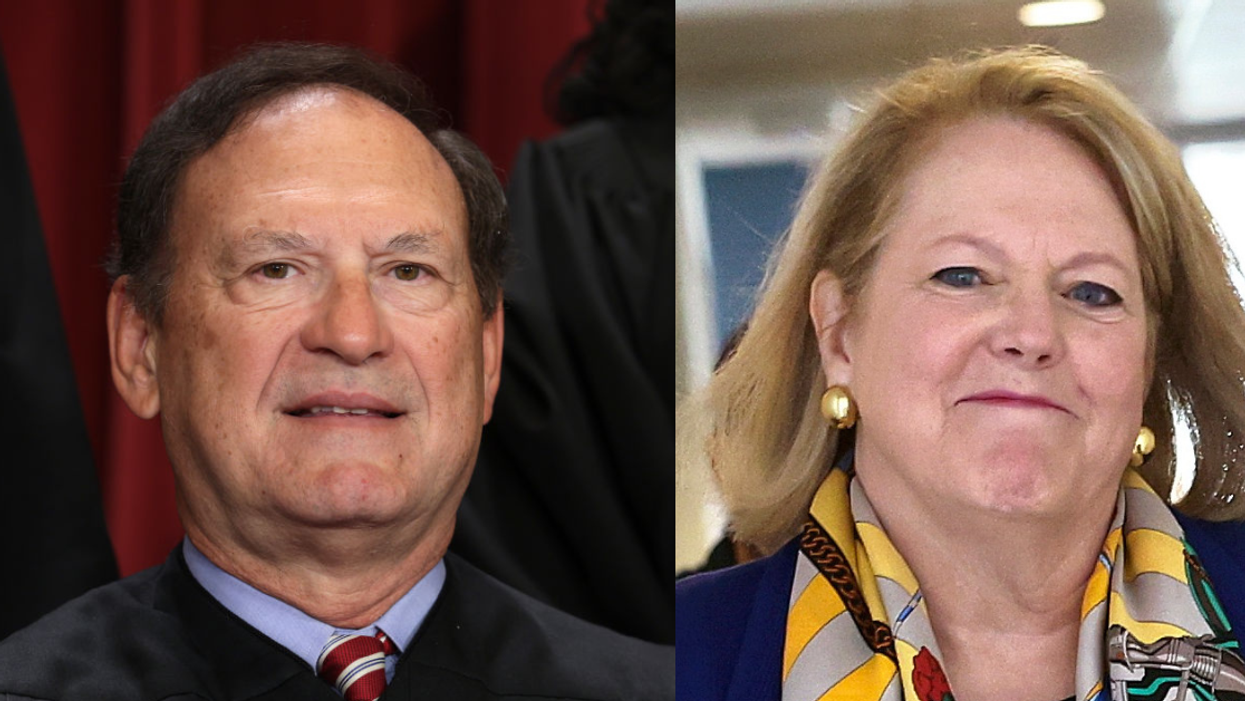

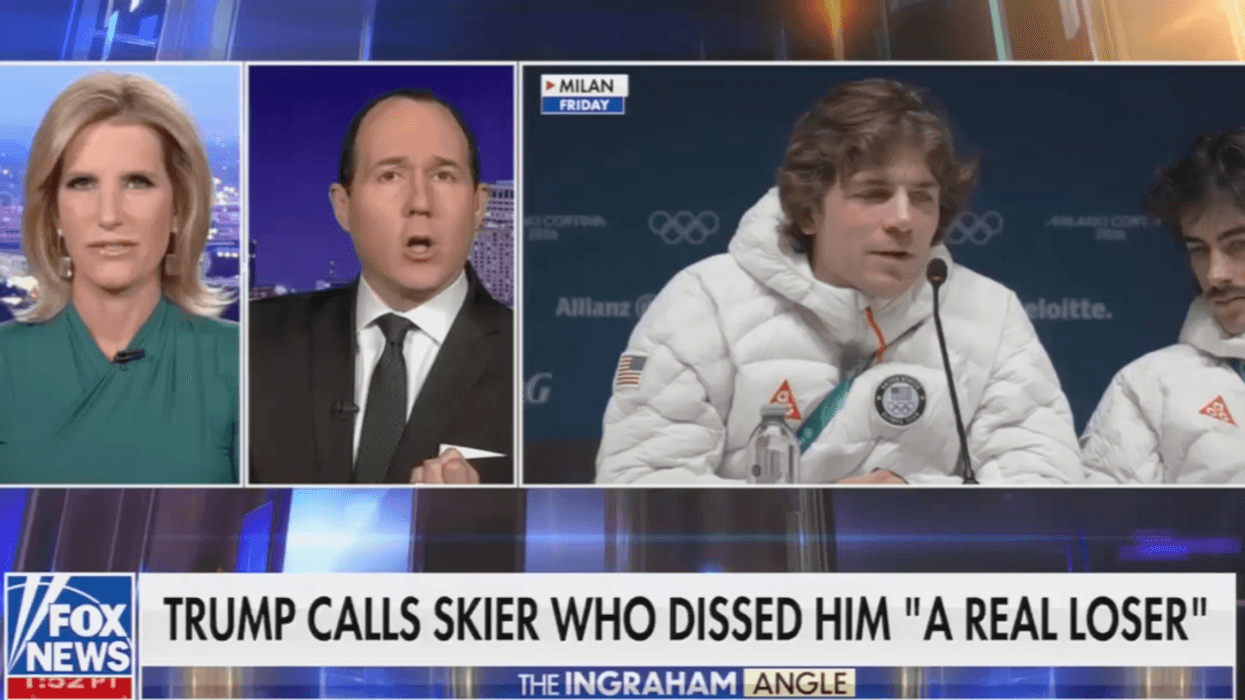
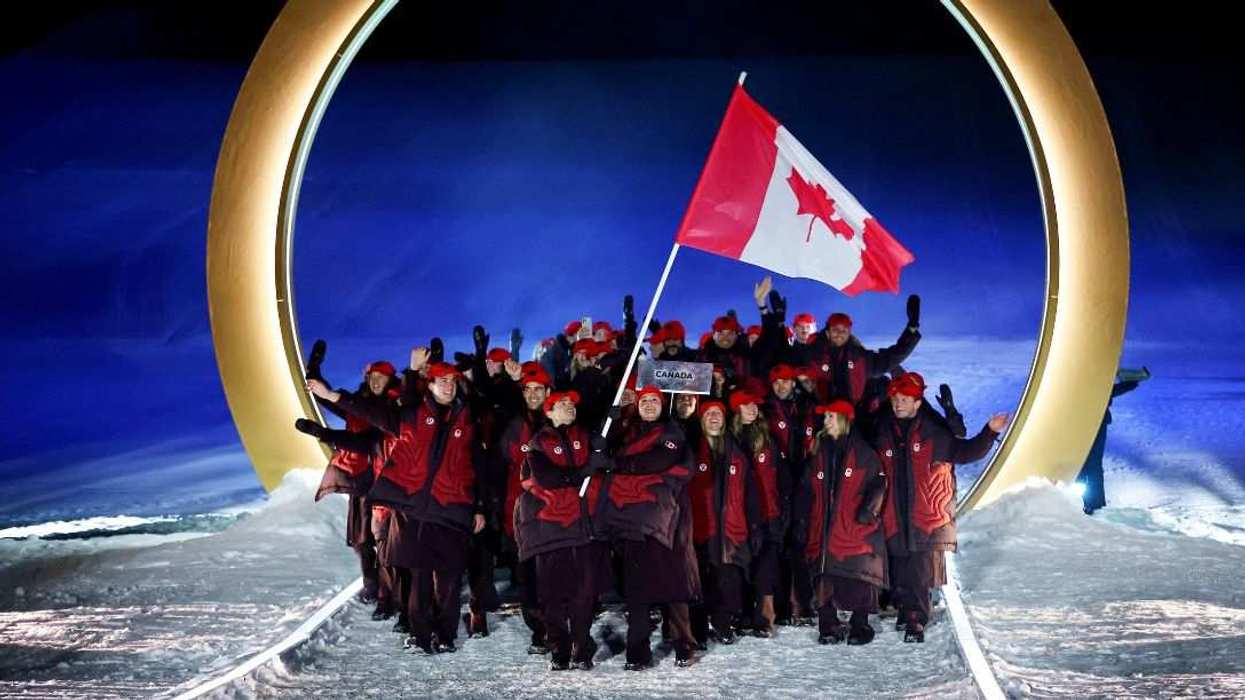

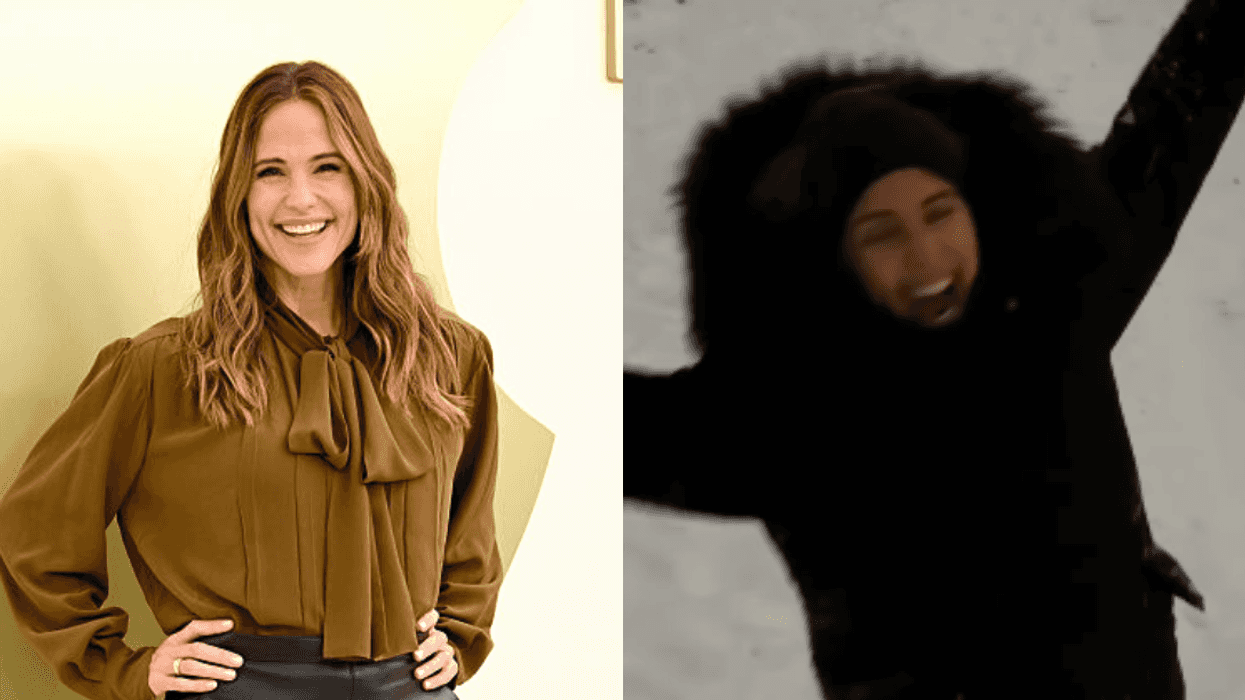
 @jennifer.garner/Instagram
@jennifer.garner/Instagram @jennifer.garner/Instagram
@jennifer.garner/Instagram @jennifer.garner/Instagram
@jennifer.garner/Instagram @jennifer.garner/Instagram
@jennifer.garner/Instagram @jennifer.garner/Instagram
@jennifer.garner/Instagram @jennifer.garner/Instagram
@jennifer.garner/Instagram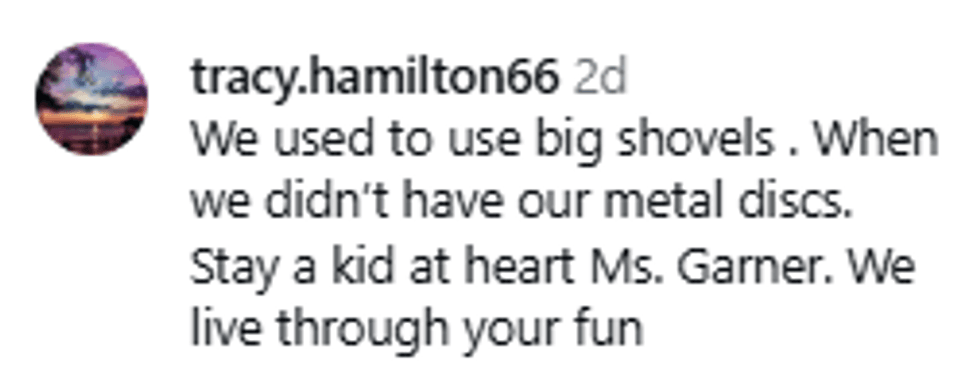 @jennifer.garner/Instagram
@jennifer.garner/Instagram @jennifer.garner/Instagram
@jennifer.garner/Instagram @jennifer.garner/Instagram
@jennifer.garner/Instagram @jennifer.garner/Instagram
@jennifer.garner/Instagram @jennifer.garner/Instagram
@jennifer.garner/Instagram @jennifer.garner/Instagram
@jennifer.garner/Instagram @jennifer.garner/Instagram
@jennifer.garner/Instagram @jennifer.garner/Instagram
@jennifer.garner/Instagram @jennifer.garner/Instagram
@jennifer.garner/Instagram @jennifer.garner/Instagram
@jennifer.garner/Instagram @jennifer.garner/Instagram
@jennifer.garner/Instagram @jennifer.garner/Instagram
@jennifer.garner/Instagram @jennifer.garner/Instagram
@jennifer.garner/Instagram @jennifer.garner/Instagram
@jennifer.garner/Instagram





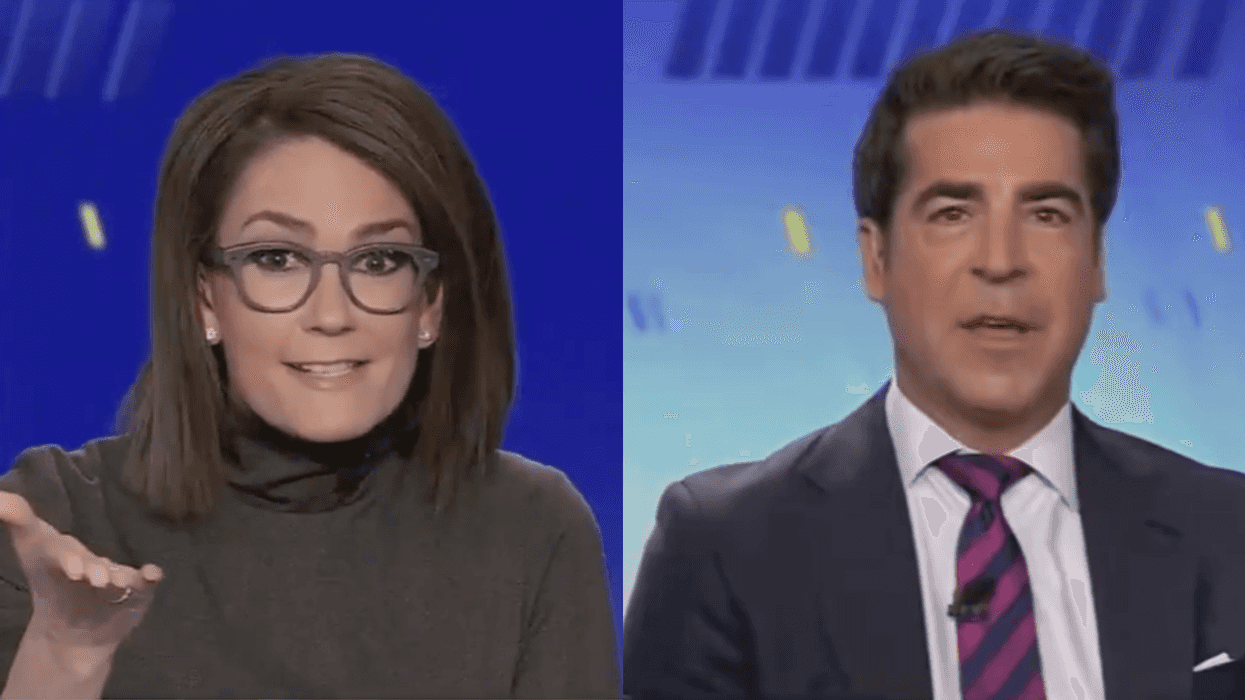

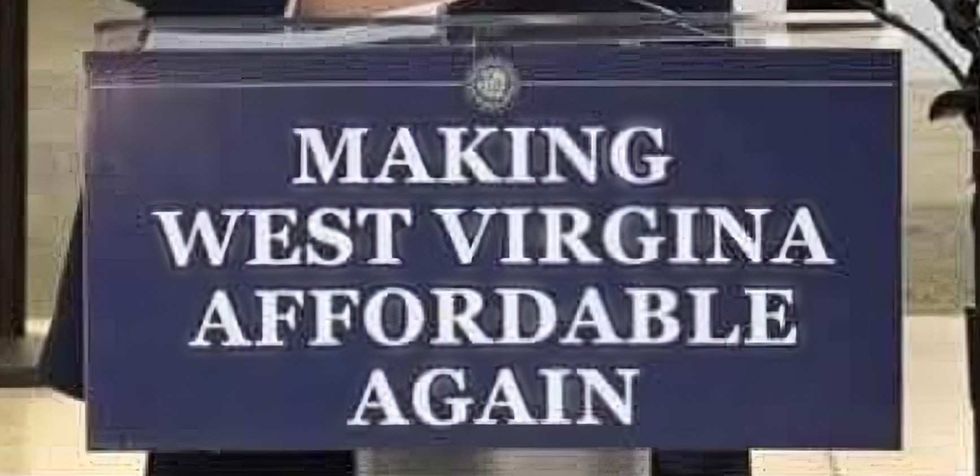 @ameliaknisely/X
@ameliaknisely/X WDTV 5 News/Facebook
WDTV 5 News/Facebook r/WestVirginia/Reddit
r/WestVirginia/Reddit WDTV 5 News/Facebook
WDTV 5 News/Facebook r/WestVirginia/Reddit
r/WestVirginia/Reddit r/WestVirginia/Reddit
r/WestVirginia/Reddit WDTV 5 News/Facebook
WDTV 5 News/Facebook r/WestVirginia/Reddit
r/WestVirginia/Reddit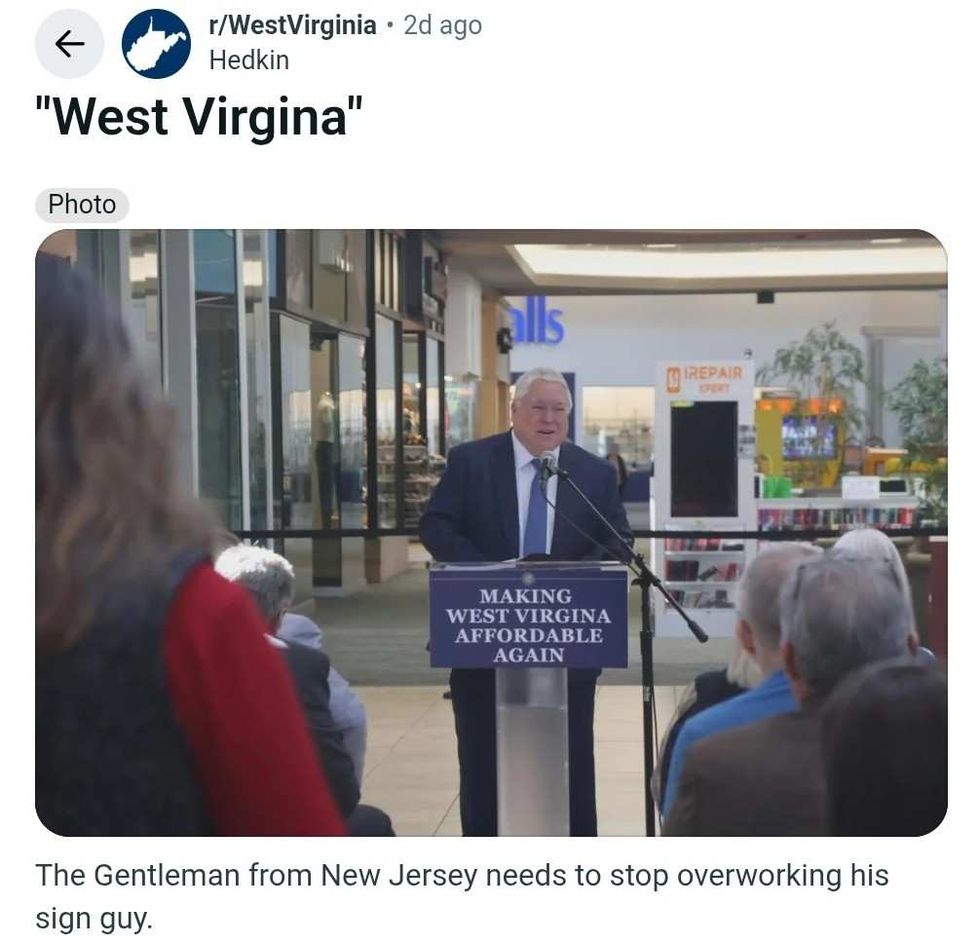 r/WestVirginia/Reddit
r/WestVirginia/Reddit WDTV 5 News/Facebook
WDTV 5 News/Facebook WDTV 5 News/Facebook
WDTV 5 News/Facebook